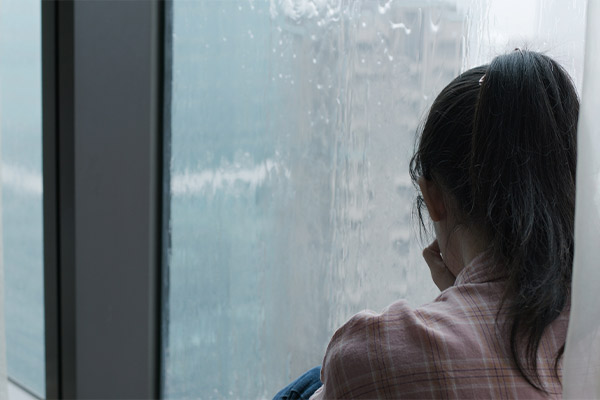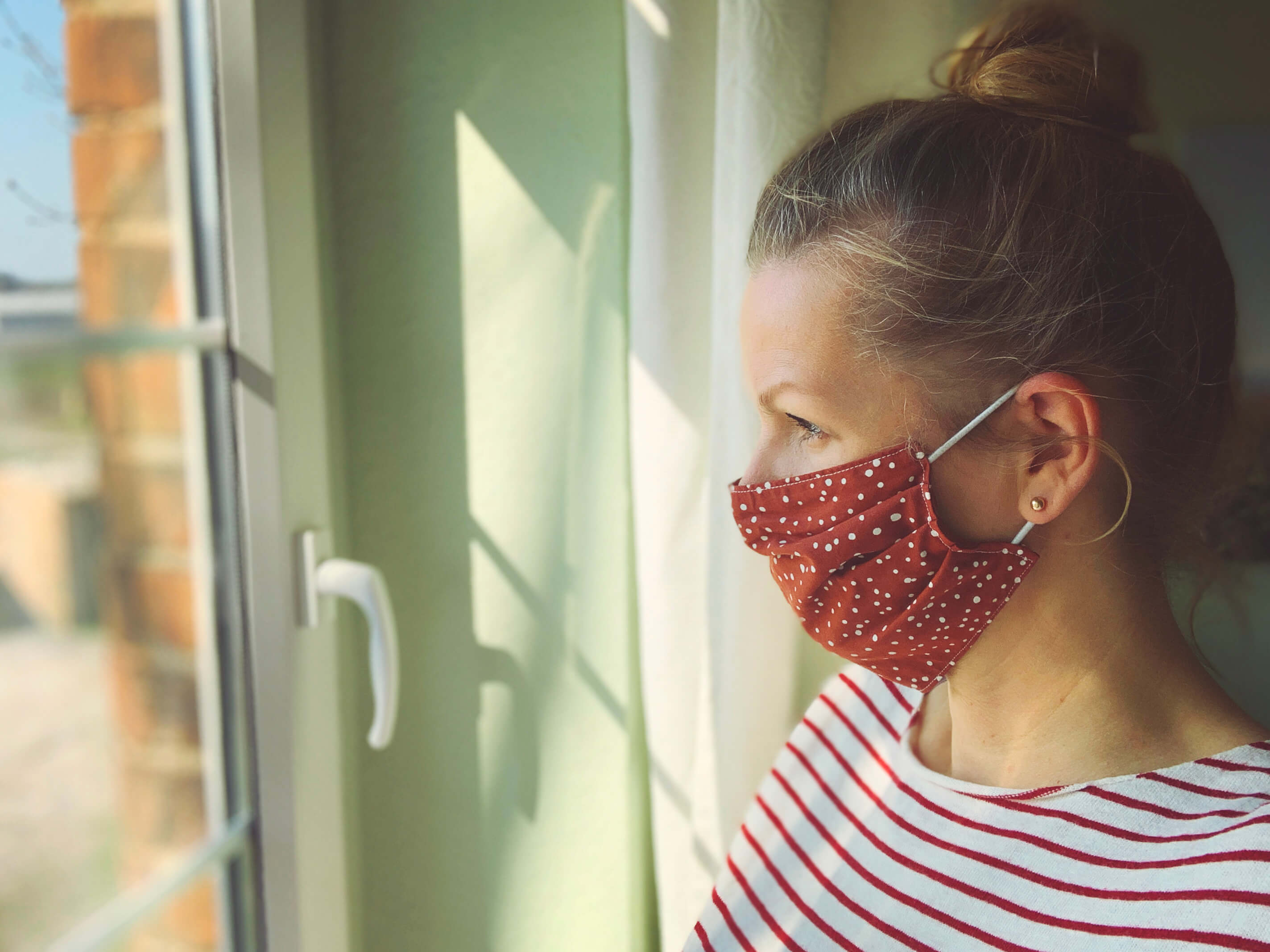-
When it comes to COVID-19, there’s been a lot of misinformation shared. Maybe you’ve seen official-sounding social media posts with a list of well-regarded sources or experts, and the information might seem to make sense. But when you dig a little deeper, it turns out to be made up. Here’s a quick run down on some common myths — and important information you can put in place to protect yourself and the people around you.
Myths vs Facts
Myth: You can do a daily ‘self-check’ to see if you have COVID-19. One widely shared social media post suggests that you can identify COVID-19 early by taking a deep breath and seeing if you can hold it for at least 10 seconds. According to the post, if you can do this with no coughing, discomfort, stiffness or tightness, you have no fibrosis in your lung, and therefore no coronavirus.
Truth:
This social media post is filled with falsehoods, but the bottom line is there is no simple self-check you can do at home to identify or rule out coronavirus. Respiratory illness such as cold or flu can make it more difficult to hold your breath, but regardless of whether you can or can’t, it won’t tell you if you have COVID-19.
A test from a health professional is the only way to know for sure if you’ve contracted the coronavirus, but there aren’t enough tests available to check everyone, so you’ll need to meet certain criteria. You can find up-to-date information about who testing is recommended for on the Department of Health website here.
Call your doctor to book an appointment if you think you have symptoms of COVID-19, and they’ll let you know if you need to be tested.
You can also call the National Coronavirus Helpline on 1800 020 080 if you are worried or have questions about COVID-19. This is a 24/7 hotline.
Myth: Regularly drinking water will wash the virus down into your stomach, where the acid from your stomach will kill it. Another variation of this myth is that not drinking enough water will allow the virus into your airways and lungs.
Truth:
Drinking enough water will help you stay hydrated, but it won’t have any impact on coronavirus. COVID-19 passes between people through infected droplets that can enter your body through your nose, mouth or eyes when you breathe or touch your face after touching a contaminated surface. The best way to prevent COVID-19 is to avoid being exposed to it. That’s why health authorities recommend you create physical space between yourself and others, wash your hands frequently with soap and water and wipe down surfaces regularly.
Myth: Gargling with saltwater, vinegar or other solutions will stop the virus.
Truth:
Just like you can’t flush coronavirus out with water, you can’t swish it out with any other solutions either. COVID-19 can enter your system when you breathe (which involves your nose as well as your mouth) and when you touch your eyes. Right now, we don’t have a treatment to stop the virus once it is in your system, so it’s best to take precautions to prevent it and reduce the chance of passing it on to others. Home remedies might reduce some symptoms, but they won’t prevent or cure COVID-19.
Myth: Taking antibiotics will help.
Truth:
Antibiotics don’t work against viruses, only bacteria. COVID-19 is a virus, so antibiotics won’t help prevent it or treat it. There are currently no effective medicines to prevent or cure COVID-19, but clinical trials are looking at both western and traditional medicines. The World Health Organization will provide updates on any new treatments that become available.
Myth: Young people don’t need to follow any precautions since they aren’t at risk.
Truth:
Although people older than 65 or those with existing health conditions such as heart disease, diabetes, cancer, or lung disease are at the greatest risk of becoming seriously ill, younger people are also being infected and hospitalised with serious symptoms. People of any age can also spread the disease, even with only mild symptoms or no noticeable symptoms at all.
Myth: Existing vaccines such as pneumococcal vaccine or the flu vaccine protect against COVID-19.
Truth:
Unfortunately, existing vaccines don’t protect against this new virus. The flu vaccine and pneumococcal vaccine can help prevent the risk of other viruses though, so they are recommended for people with increased risk, such as anyone 65 and over or people with certain long-term health issues.
Myth: You can kill the virus with heat. Hand dryers, hot baths and even hair dryers have been suggested.
Truth:
No form of heat (or cold) can get rid of coronavirus. Instead, make sure to wash your hands regularly with soap and water for at least 20 seconds and do your best to keep 1.5 metres of space between yourself and others.
Myth: You need a face mask to protect you from the coronavirus.
Truth:
Face masks are only recommended if you are sick with symptoms of COVID-19, or are caring for someone who is sick. For people who are healthy, face masks are unlikely to protect from the coronavirus and can make it so that those who do need them are unable to get them.
How do I know what to believe?
Check for a link to sources that are being mentioned in social media posts and be suspicious if you can’t find one. Advice that is attributed to a vague health professional, such as a doctor of a certain nationality, or an expert who isn’t searchable, is likely to be inaccurate or contain misinformation. It’s also important to check the date of the original source. In the case of COVID-19, research is rapidly evolving and often based on small studies, so more current information from health authorities is best.
Beware of scams Watch out for emails and phone calls (or social media posts or text messages) pretending to be from health organisations, government authorities or people who’ve become ill with coronavirus. Along with containing incorrect information, some of these may also include attachments or links that contain malware.
For up-to-date information and advice
Check the Department of Health website for up-to-date information and advice. You can also follow their Facebook page.
The World Health Organization is another great resource for the latest on coronavirus.
Coronavirus (COVID-19): separating fact from fiction

-
Domestic violence and COVID-19
Even when social distancing, it’s important that victims of domestic violence know that help is here.
-
Caring for a loved one with COVID-19
How to care for your loved one at home, while keeping yourself, and others, safe.
-
Home sweet home: How to find accommodation in Australia
Things to consider when looking for your Australian home
Subscribe to receive the best from Live Better every week. Healthy recipes, exercise tips and activities, offers and promotions – everything to help you eat, move and feel better.
By clicking sign up I understand and agree to Medibank's privacy policy


